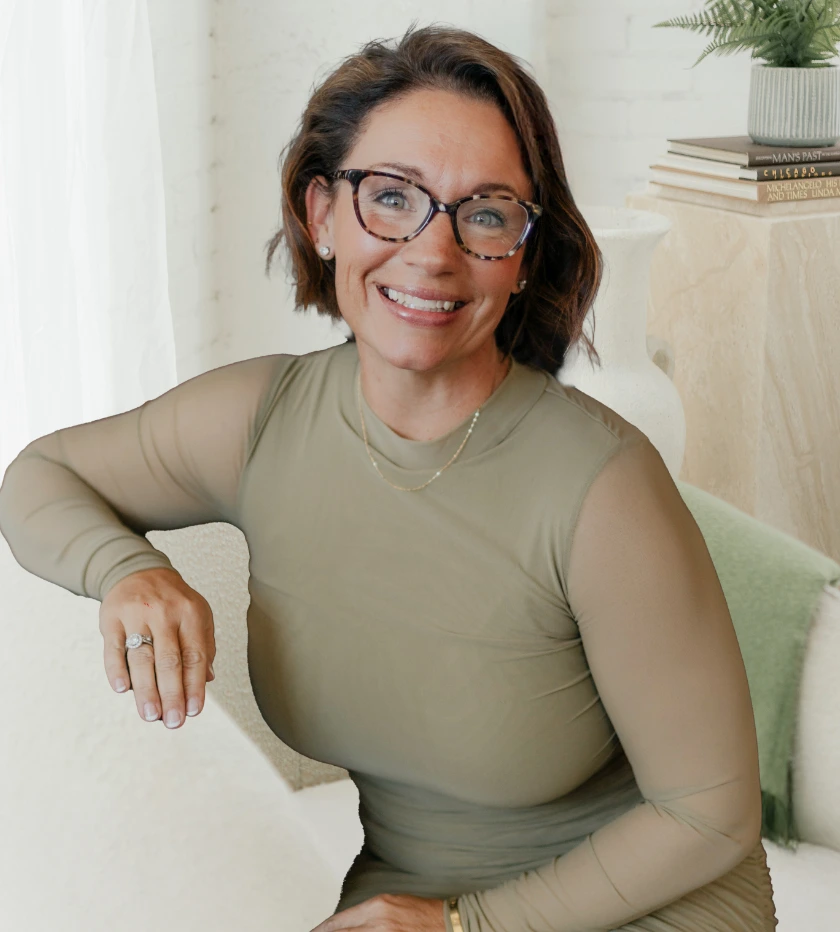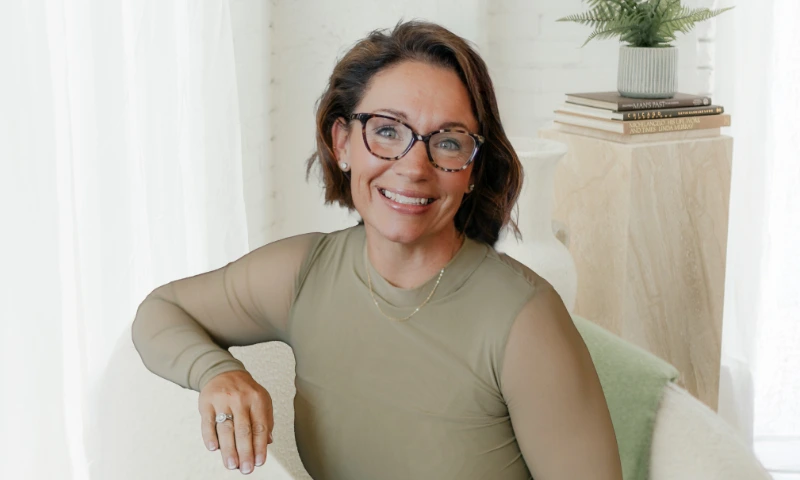Focuses on Infidelity, Divorce, Communication and Intimacy, Parenting Challenges and Life Purpose
How I Can Help

More About Whitney
Every person, and every couple, has a story that makes them unique. It would be my privilege to listen to your story so we can work together to create a life and a relationship you are thrilled with. Your comfort and trust in me are my biggest priorities and I will work hard to earn them so we can get started writing your next chapter. You deserve a happy, fulfilling life. I am excited to help you you build it.
What To Expect From Our Work Together
My approach is very collaborative, which means we will work together to find and build upon your inherent strengths. Initially, we will spend some time to establish achievable goals while also addressing your fears, and hesitations. From there, I’ll encourage you to express what needs to be said while also recognizing when it’s time to slow down and practice patience as we process the hard stuff we uncover. Whether I am working with you individually or as a couple, we’ll discover what brings you joy and excitement and work to create more of it in your life.
What You Need to Know About Me
I am a Texas girl with a big heart and an open mind. I enjoy working with people from all walks of life, especially those that are often marginalized in society. My favorite quote, “You can love anyone if you know their story,” encouraged me to pursue my Masters in Marriage and Family Therapy from Abilene Christian University. I strongly believe healthy, fulfilling relationships are the heart of what brings us happiness. The greatest joy can come from the work we do with the people we love the most – even when the greatest frustrations and challenges can come from those same people.
My husband and I have 4 children (all teenagers, so it’s exciting!) and a spoiled yellow lab, Drake. I am confident most days can be survived through laughter, a good sweat at the gym and a generous bowl of ice cream. I find joy in the little things and believe in the long-lost art of the hand-written note.
